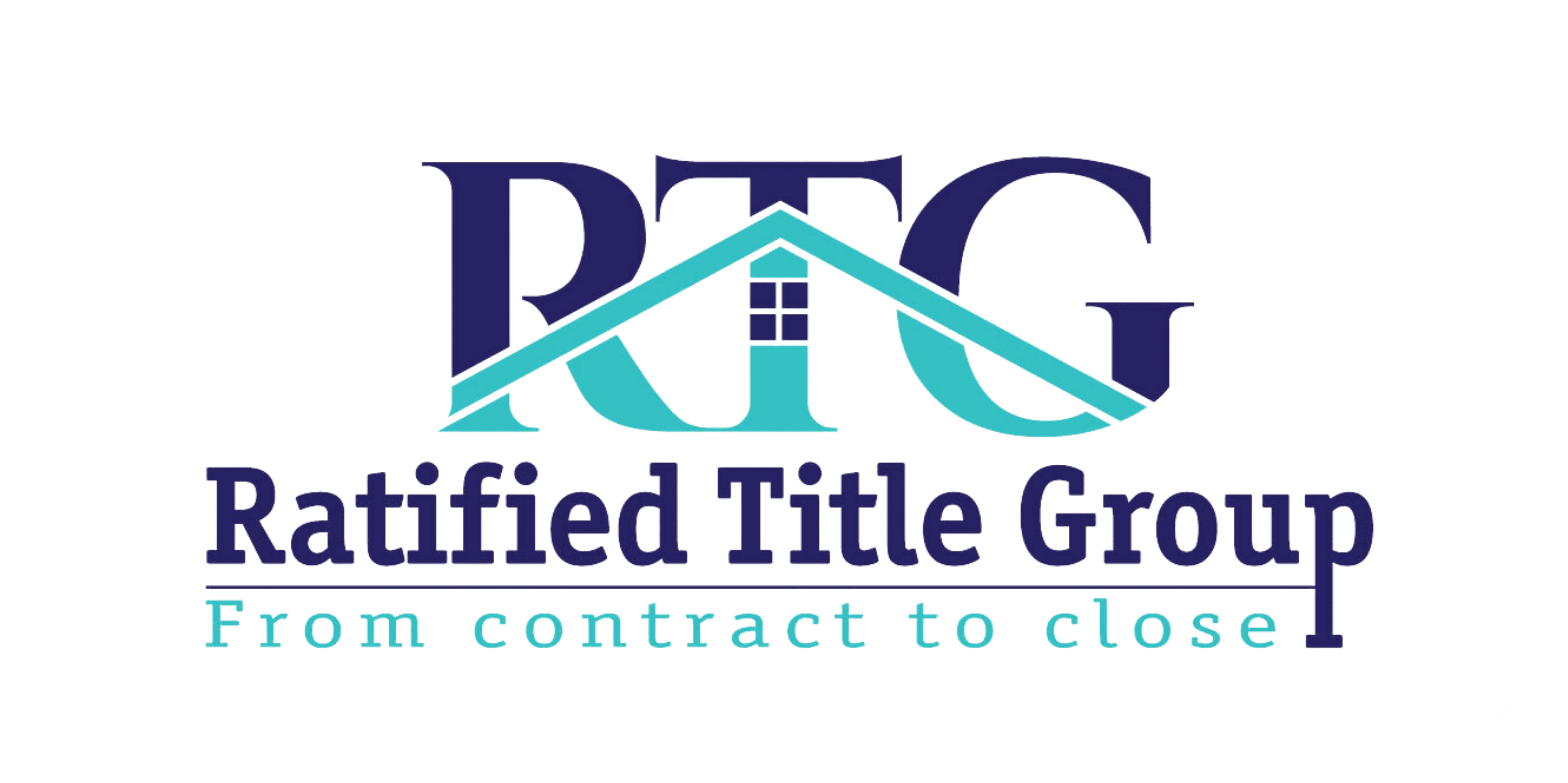If you’re waiting to go to closing, you may have heard that your loan is with the underwriters. If you’re not familiar with the term, it might sound like your paperwork went to a secret society that lives underground and calculate your loan qualifications on mythical scrolls. Who are these mysterious underwriters, and what is their role in getting your mortgage? We’re here to break it down for you and tell you who the underwriters are and what they do for your home loan.
Who Is the Underwriter?

When all your information has been submitted and your loan is being processed, it goes through a process called underwriting. The loan processor will help organize your mortgage application, and then he or she hands it off to the underwriter.
The underwriter ultimately determines if you are qualified for your mortgage. Their job is to approve, deny or suspend your application.
What Do Their Decisions About My Loan Mean?
- Approved – When your loan is approved, it’s truly conditionally approved. The underwriter will send you back a list of conditions you need to meet before you get your loan documents.
- Suspended – When your loan is suspended, the underwriters need more information from you to move forward with the process. You will get specific instructions on what documentation to provide to move the loan forward.
- Declined – When your loan is declined, the underwriter has determined that you’re not eligible for the loan, and you will likely need to apply with another lender.
How Do Underwriters Make Their Decision?
Underwriters look at your whole financial picture to help them determine if you’re eligible for your loan or not. Here are some of the factors they consider:

- Credit score – Every lender has a minimum requirement for a credit score. Underwriters check to see if you meet it or not.
- Credit report – The underwriters consider your history of loans and repayment to help them assess the risk of giving you a home loan.
- Property appraisal – They check how much the home you’re purchasing appraises for to see if it gives the lender enough collateral should you default on the home loan.
Even if one of these areas isn’t exactly within the underwriting criteria for your lender, they will consider it to see if you are strong in another area to compensate. For example, if your loan to value ratio was higher, you may be approved with a lower credit score. Or if your debt to income ratio was a little higher than they would like, you may be able to still get the loan if you have a higher credit score.
The underwriting isn’t so black and white, rather it’s many shades of gray. The underwriters try to get an accurate, realistic picture of your ability to repay this loan to protect the lender’s interests.
Still not sure about the underwriting process? Don’t worry. That’s why we’re here to help you. If you still have questions, reach out to us at 571-234-5589 or by email at [email protected]. We can’t wait to hear from you!


Pingback: Questions to Ask Your Title Insurance Company | Ratified Title Group